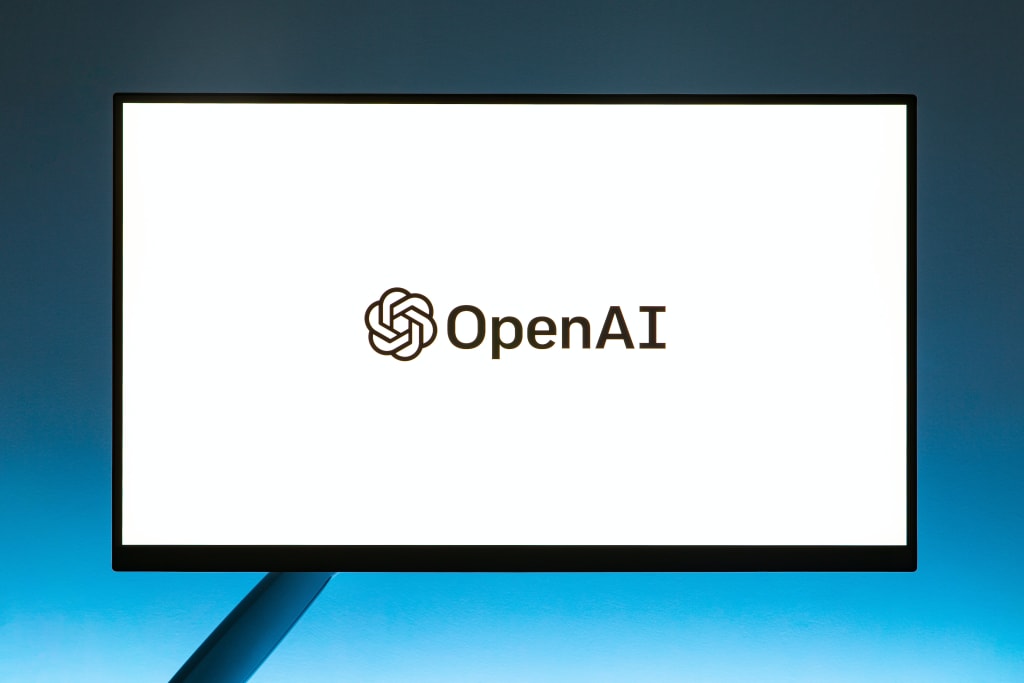
Artificial intelligence (AI) has rapidly evolved into a transformative technology, revolutionizing industries and driving innovation. However, access to AI has traditionally been limited to a select few, including large corporations and research institutions. To truly unlock the full potential of AI, democratizing access to this technology is crucial. In this article, we will explore the opportunities and challenges associated with democratizing access to artificial intelligence.
1. Introduction
Artificial intelligence refers to the development of intelligent machines that can perform tasks that would typically require human intelligence. These tasks include speech recognition, decision-making, problem-solving, and more. Democratizing access to AI involves making this technology accessible to a broader range of individuals and organizations, irrespective of their size or resources. By breaking down barriers, democratization can lead to widespread benefits and foster innovation.
2. The current state of AI accessibility
Historically, AI has been a highly specialized field, requiring extensive technical expertise and significant resources. This has limited access to AI primarily to large companies with dedicated research teams. Small businesses, startups, and individuals have faced challenges in harnessing the power of AI due to its complexity and associated costs. Democratizing access to AI seeks to bridge this gap and level the playing field.
3. Benefits of democratizing access to AI
3.1 Enhancing innovation and creativity
By democratizing access to AI, we can unlock the creative potential of a larger pool of individuals. When AI tools and resources become widely available, entrepreneurs, artists, and innovators can leverage these technologies to create groundbreaking solutions. This increased diversity in AI applications can lead to new ideas, discoveries, and advancements in various fields.
3.2 Empowering individuals and small businesses
Democratizing access to AI can empower individuals and small businesses by providing them with tools and resources that were previously out of reach. AI-powered technologies can automate repetitive tasks, streamline operations, and optimize decision-making processes, enabling individuals and small businesses to compete more effectively with larger counterparts.
3.3 Addressing societal challenges
AI has the potential to address significant societal challenges, such as healthcare, education, and climate change. Democratizing access to AI can enable a wider range of stakeholders to contribute to solving these complex problems. For example, medical professionals can utilize AI algorithms to analyze large datasets and improve disease diagnosis and treatment outcomes.
4. Challenges in democratizing access to AI
While democratizing access to AI holds immense promise, it also presents several challenges that need to be addressed.
4.1 Ethical considerations and bias
As AI becomes more accessible, ethical considerations become increasingly important. Developers and users must be mindful of potential biases in training data, algorithmic decision-making, and the impact of AI on marginalized communities. Ensuring ethical representation and fairness in AI applications is crucial for the responsible democratization of AI.
4.2 Privacy and security concerns
Democratizing access to AI raises concerns regarding privacy and data security. AI algorithms often require large amounts of data to train effectively. Ensuring that personal and sensitive information is protected and used ethically becomes essential. Stricter regulations and robust security measures are necessary to maintain public trust and confidence in AI technologies.
4.3 Lack of infrastructure and resources
Widespread access to AI requires adequate infrastructure and resources. Developing countries or underserved communities may lack the necessary technological infrastructure, such as high-speed internet connectivity and computing power, to leverage AI effectively. Bridging the digital divide and providing support in terms of infrastructure and resources are vital for democratizing AI globally.
5. Initiatives and solutions for democratizing AI
Efforts are underway to democratize access to AI and overcome the challenges associated with it. Several initiatives and solutions are emerging to make AI more accessible to a broader audience.
5.1 Open-source AI platforms and tools
Open-source platforms like TensorFlow, PyTorch, and scikit-learn have made AI more accessible. These platforms provide libraries, frameworks, and pre-trained models that enable developers to build AI applications more easily. Open-source initiatives foster collaboration and knowledge sharing, empowering individuals and organizations to leverage AI technology.
5.2 AI education and training programs
Education and training programs focused on AI are essential for democratizing access to this technology. Online courses, workshops, and certifications provide opportunities for individuals to learn and acquire AI skills. By making AI education more accessible and affordable, individuals from diverse backgrounds can acquire the knowledge needed to utilize AI effectively.
5.3 Government and industry collaborations
Governments and industries are recognizing the importance of democratizing access to AI and are collaborating to make it a reality. Public-private partnerships can drive initiatives that provide resources, funding, and training opportunities to underserved communities. Policies and regulations can also be implemented to ensure ethical and responsible AI deployment.
6. Future prospects and implications
As AI continues to advance, democratizing access to this technology will have profound implications for various industries and society as a whole.
6.1 AI's potential impact on various industries
Democratizing access to AI can transform industries such as healthcare, finance, transportation, and manufacturing. AI-powered solutions can enhance patient diagnosis and treatment, optimize financial services, improve transportation efficiency, and automate complex manufacturing processes. By making AI accessible to all, we can unlock its potential to revolutionize these sectors.
6.2 Advancements in AI technology
The democratization of AI can spur further advancements in technology. As more individuals and organizations gain access to AI tools and resources, the collective knowledge and innovation in the field will expand. This democratization can lead to breakthroughs in AI algorithms, models, and applications, fueling a cycle of continuous improvement and development.
6.3 Ensuring inclusivity and equitable access
In democratizing access to AI, it is essential to ensure inclusivity and equitable access for all individuals and communities. Efforts should be made to bridge the digital divide, eliminate biases in AI algorithms, and provide equal opportunities for underrepresented groups. By promoting diversity and inclusivity, we can harness the full potential of AI for the betterment of society.
7. Conclusion
Democratizing access to artificial intelligence holds immense opportunities for individuals, businesses, and society as a whole. By breaking down barriers and making AI more accessible, we can foster innovation, empower individuals and small businesses, and address significant societal challenges. However, challenges related to ethics, privacy, and infrastructure need to be addressed for responsible and equitable democratization. Initiatives like open-source platforms, education programs, and collaborations between governments and industries are paving the way for a future where AI is accessible to all, leading to a more inclusive and innovative society.
8. FAQs (Frequently Asked Questions)
Q: How can democratizing access to AI benefit small businesses?
A: Democratizing access to AI empowers small businesses by providing them with tools and resources that were previously out of reach. AI-powered technologies can automate tasks, streamline operations, and optimize decision-making processes, allowing small businesses to compete more effectively with larger counterparts.
Q: What are the challenges in democratizing access to AI?
A: Challenges in democratizing access to AI include ethical considerations and bias, privacy and security concerns, and the lack of infrastructure and resources. Addressing these challenges is crucial for responsible and equitable democratization.
Q: How can open-source platforms contribute to democratizing AI?
A: Open-source platforms like TensorFlow, PyTorch, and scikit-learn provide libraries, frameworks, and pre-trained models that make AI more accessible. These platforms foster collaboration, knowledge sharing, and empower individuals and organizations to leverage AI technology.
Q: What role do education and training programs play in democratizing AI?
A: Education and training programs focused on AI provide opportunities for individuals to learn and acquire AI skills. Online courses, workshops, and certifications make AI education more accessible and affordable, enabling individuals from diverse backgrounds to harness the power of AI.
Q: How can government and industry collaborations promote the democratization of AI?
A: Government and industry collaborations can drive initiatives that provide resources, funding, and training opportunities to underserved communities. Policies and regulations can be implemented to ensure ethical and responsible AI deployment, fostering the democratization of AI.
About the Creator
Aditi
I Love to Write, I hope you love to read






Comments
There are no comments for this story
Be the first to respond and start the conversation.